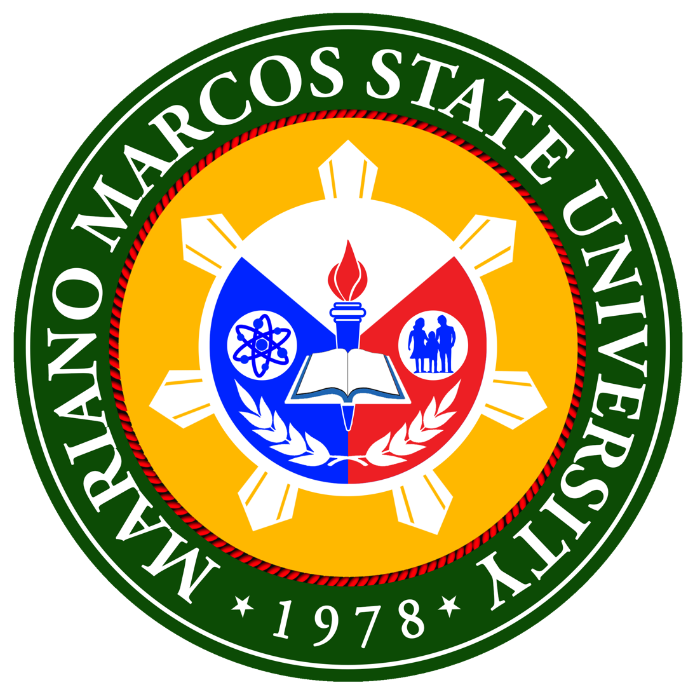Japanese mayor assures MMSU to help improve IN’s garlic industry
The mayor of the town of Takko Machi, Japan has assured to lay down a feasible plan with the MMSU to help improve the garlic industry of Ilocos Norte for a bigger production and income of farmers.
The assurance was made by Mayor Harumi Yamamoto to MMSU President Shirley C. Agrupis during her team's working visit in Japan on October 5-12. The team was composed of Dr. Agrupis; Dr. Carlos M. Pascual, MMSU's chief for international program; Prof. Luvee Hazel Aquino, acting University and Board secretary; Dr. Marlowe Aquino, director of Science and Technology Park; and Dr. Dionisio Bucao, chief of Garlic Center.
Takko Machi is considered as the garlic capital of Japan which has a well-developed technology and protocol in garlic production.
In a statement, Dr. Agrupis said "the assurance has further strengthened the already established partnership between Takko Machi, Batac City Government, and MMSU for a more viable garlic technology generation in Ilocos Norte and in the whole of Region 1."
Dr. Agrupis said Mayor Yamamoto wants MMSU to immediately identify focal persons for this tie-up hoping to sign a deal with the university by December this year.
"We are really excited on this development effort because the most important thing he (Mayor Yamamoto) would consider is to empower and capacitate the garlic farmers in the province so that they could substantially improve their garlic production in the coming years," Dr. Agrupis said, adding that the Japanese mayor would like to improve the farmers garlic farming machinery and introduce modern technologies in garlic production.
To backstop the university's partnership with the local government of Takko Machi, Dr. Agrupis also sat down with the officers of the Japan International Cooperation Agency (JICA) and pushed through the Phase 2 project of the JICA-funded project in MMSU in line with university faculty development program, garlic farmers' skills development, and the procurement of modern equipment and facilities for garlic, among other things.
"The Phase 1 of this project -- feasibility study on the capacity of MMSU and Ilocos Norte to conduct garlic R&D -- has been finished and there is a need to proceed to Phase 2," she said, emphasizing that this activity is mainly in the extension aspect because "we want to improve the capability of garlic farmers through well-defined extension program and technology delivery system."
Because of this partnership with the Japanese government, MMSU officials can foresee that Ilocos Norte will soon be getting the much-needed boost to lessen, if not stop, the country's dependence on imported garlic which is continuously hurting the farmers' pockets in terms of production and marketing concerns.
In previous years, the MMSU and the Department of Agriculture (DA) have recorded a sharp decline of garlic production which resulted in the importation of the commodity from other countries. The two agencies have also enumerated various problems faced by the garlic industry, which include diseases and the lack of quality seedlings, which severely reduced the quality and volume of production.
The MMSU president said she is optimistic that by this partnership, "we will be able to recoup whatever garlic losses that our farmers have incurred in their previous productions."
While in Japan, Dr. Agrupis also visited the Fukushima University (FU) and discussed with the FU President their agreement on faculty, staff and student mobility, and short-term trainings in the graduate school. She said she wants to send MMSU faculty to FU to improve their expertise in mechatronics engineering, a multidisciplinary branch of engineering that focuses on electrical and mechanical systems. This also includes a combination of robotics, electronics, computer, and telecommunications, among others.
Written By:
Administrator

